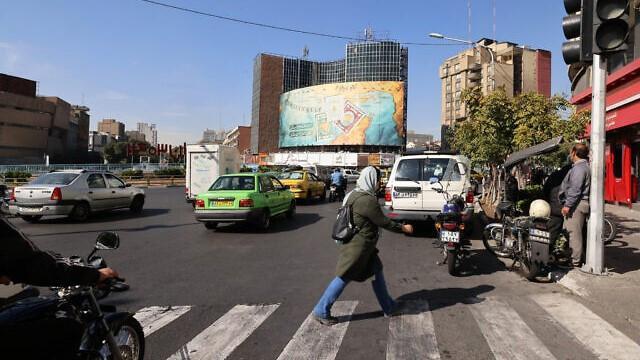Georgia to manage lari through auction
Bloomberg
"Georgia doesn’t have the luxury of moving its currency to a free float, just like many small countries," Giorgi Kadagidze said late Monday in an interview at his office in the capital Tbilisi. "The IMF didn’t ask us to do this, and we’re not going to."The lari has an unofficial, so-called crawling peg system under which the National Bank of Georgia allows the currency to weaken or strengthen by a fixed amount. The bank has held weekly currency auctions since March 10, Kadagidze said.
The International Monetary Fund last month approved the second $187 million installment of a loan aimed at helping the Georgian economy during the global financial crisis and bolstering the country’s stability after last year’s conflict with Russia over the breakaway region of South Ossetia. In September, the IMF agreed to lend Georgia $750 million.
Georgia’s $12.8 billion economy entered recession in the fourth quarter of last year. Gross domestic product fell 2.5 percent in the fourth quarter after a 3.9 percent contraction in the third quarter, according to Statistics Georgia. The country’s economy grew 2.1 percent in the year.
Lowering key rate
The central bank lowered its benchmark interest rate to 6.5 percent on March 18 after the inflation rate fell in the first two months of the year. Kadagidze said the bank’s policy board will meet again on April 15. Georgia’s inflation rate fell to 1.6 percent in March.
Vazha Beridze, an economist who heads the Tbilisi-based Association of Young Businessmen and Financiers, said the bank should move toward a free float of the lari.
"I don’t like the way the lari exchange rate is decided," he said by telephone. "A free float must be allowed to determine the rate, since huge amounts of money are being drained from reserves, and there must be a limit."
Kadagidze said the bank has maintained its net international reserves at $733 million, above a target of $633 agreed with the IMF.
The global financial crisis won’t have a "destructive" impact on Georgia’s banking system, Kadagidze said, in part because the financial sector accounts for about 40 percent of GDP. "This is low even by eastern European standards."
Kadagidze said he was surprised in February when President Mikheil Saakashvili named him to head the central bank. The U.S.-educated Kadagidze, who had served on the bank’s board, took over from David Amaglobeli, who remained as deputy governor.
"I didn’t expect to become the governor at 28, but I can tell you that I’m very confident in my new job," he said, adding that he turns 29 on April 10. Kadagidze began his career at an auditing firm in 2000 and had worked in various positions in the central bank since 2003, according to the bank’s Web site.
Beridze said that while Kadagidze is young, he’s ready for the job. "He has proved his professionalism throughout his career, and his resume is impressive," he said.
















